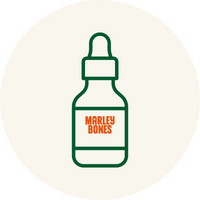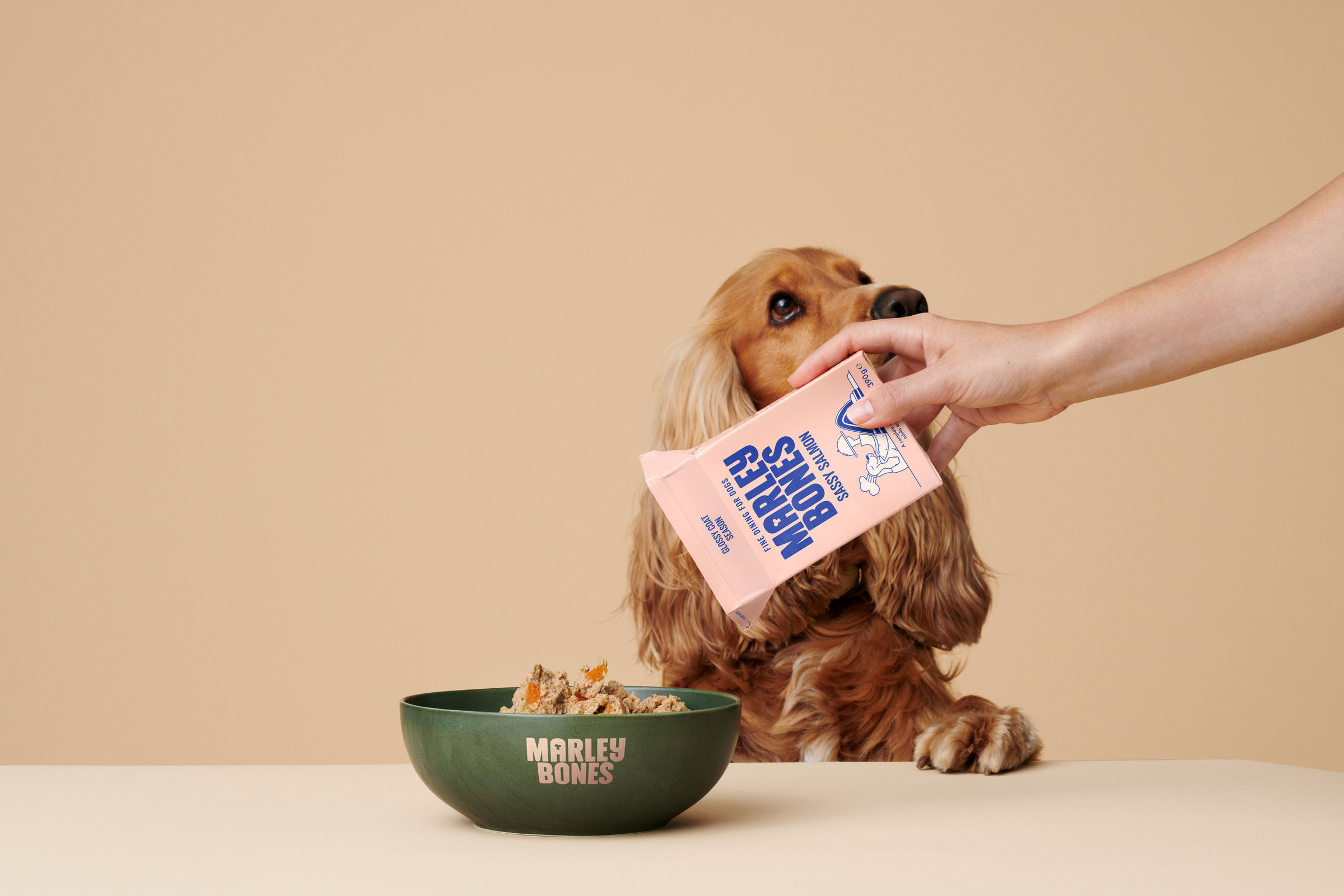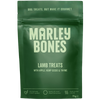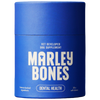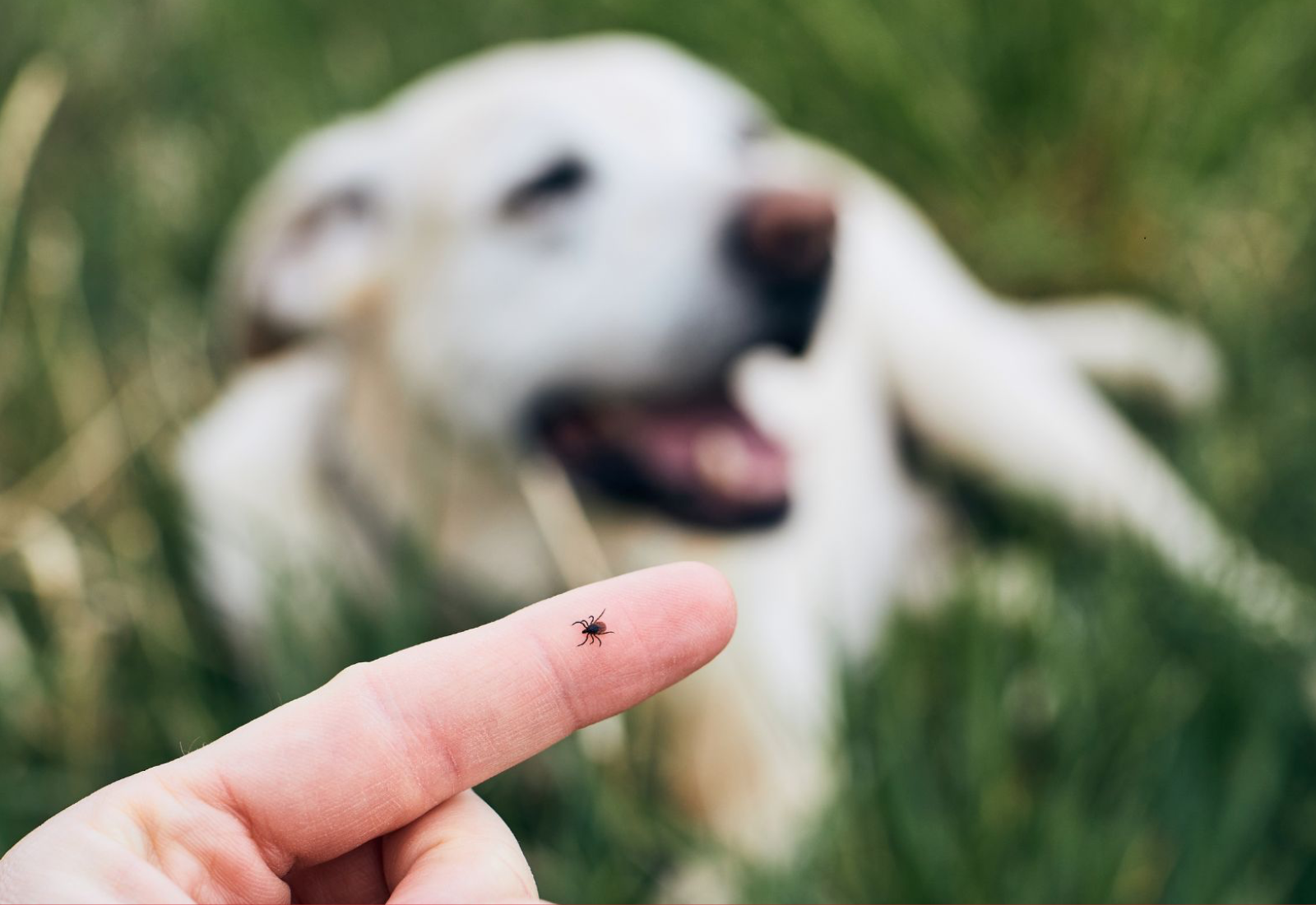Flea and Tick Prevention in Dogs: A Vital Health Guide
Flea and tick prevention for dogs is a crucial aspect of pet care that helps ensure the overall health and well-being of your canine companion. Fleas and ticks are more than just an irritation; they can transmit harmful diseases and lead to severe health problems for your dog. By implementing regular flea and tick prevention strategies, you actively safeguard your pet’s health from these dangerous parasites.
Whether you're a new pet owner or have had dogs for years, ensuring your dog is protected from fleas and ticks should be a priority. Fortunately, there are many effective preventive treatments available that make it easier than ever to keep your dog pest-free. From topical treatments to collars and oral medications, the right solution depends on your dog's individual needs and lifestyle.
Consulting with a veterinarian can help you choose the best flea and tick prevention plan for your dog, making sure you offer the most effective protection available.
Why Flea and Tick Prevention is Crucial for Your Dog
Fleas and ticks are more than just annoying pests; they pose serious health risks to your dog. Fleas can cause itching, discomfort, and even lead to allergic reactions, while ticks can transmit harmful diseases like Lyme disease and Ehrlichiosis. Preventing infestations is crucial to keeping your dog healthy and happy.
Luckily, there are a variety of products available for flea and tick prevention. Understanding your dog's unique needs can help you select the best preventive treatment for them. Whether you choose oral medication, topical treatments, or collars, making the right choice can help keep your dog safe.

Flea and Tick Prevention Products for Dogs: What Are Your Options?
There are several effective products available to help prevent flea and tick infestations in your dog. These options include:
-
Topical Treatments: Applied directly to your dog’s skin, typically once a month, to kill and repel fleas and ticks.
-
Oral Medications: Monthly chewables or pills that protect your dog from pests.
-
Collars: Flea and tick-repellent collars release chemicals that protect your dog for several months.
-
Sprays: Instant relief for fleas and ticks; applied directly to your dog’s coat.
-
Shampoos: Kills pests on contact and can be used during regular grooming baths.
It's important to note that not all flea and tick preventatives are suitable for every dog. Factors such as your dog's breed, age, and any pre-existing health conditions should be taken into account. Always consult with your veterinarian before selecting a product.
Tick Bites and the Dangerous Illnesses They Can Cause in Dogs
Ticks are not just annoying pests; they carry diseases that can be harmful to your dog. Some of the most common illnesses transmitted by ticks include:
-
Lyme Disease: Causes symptoms such as lameness, swollen joints, and fever.
-
Ehrlichiosis: Can result in anaemia, bleeding, and flu-like symptoms.
-
Anaplasmosis: Similar to Lyme disease but can also cause vomiting, diarrhoea, and lethargy.
Ticks can be difficult to spot, but prompt removal is essential to preventing disease transmission. If you find a tick, use fine-tipped tweezers to grasp the tick as close to your dog’s skin as possible. Pull the tick upward with steady, even pressure and remove it completely.
How Often Should You Check Your Dog for Ticks?
Checking your dog regularly for ticks is a key part of preventing tick-borne illnesses. You should perform tick checks:
-
After each walk: Especially if your dog has been in grassy, wooded, or tick-prone areas.
-
Daily during tick season: Ticks are most active in spring and summer, though this may vary by location.
As you check your dog for ticks, run your fingers through their coat and feel for any unusual bumps. Be sure to check areas where ticks are likely to hide, such as under the collar, around the ears, between the toes, and in the armpits. Regular grooming and health check-ups also help with early detection and prevention.

Final Thoughts on Flea and Tick Prevention for Dogs
Flea and tick prevention is an essential part of responsible pet care. By using the right preventive treatments and regularly checking your dog for ticks, you can help ensure that they stay healthy and comfortable all year long. Protecting your dog from these pests also prevents potential illnesses and complications, keeping your dog happy and safe.
Make sure to talk to your vet about the best flea and tick prevention products for your dog’s specific needs. With the right care and attention, you can help your dog enjoy an itch-free, healthy life.



